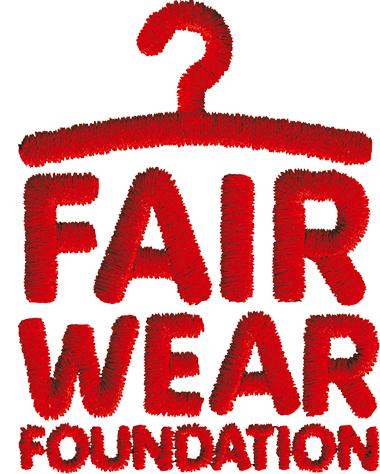Final report of a complaint at a factory in India supplying Takko
On 31 October 2016, Fair Wear Foundation received a complaint from an employee who left the factory one month ago. When (s)he visited the factory to collect his/her bonus payment, (s)he together with 50 other previous workers, was asked to wait and then to return the next day. Then again, she was asked to return another day. So far, the complainant has not received his/her pending bonus payment.
FWF informed Takko about the case and a local audit team from Takko visited the factory and conducted interviews with the general manager as well as two HR staff. According to management, all bonuses were prepared and scheduled to be paid to all employees who had left the factory on 7 November. FWF called the complainant, who confirmed that (s)he now received the bonus, but (s)he did not comment further on the discrepancies between his/her complaint and the version from the management.
FWF recommends that the factory communicate clearly and well in advance about exactly when (former) employees can expect to receive their bonus payments.
Download






